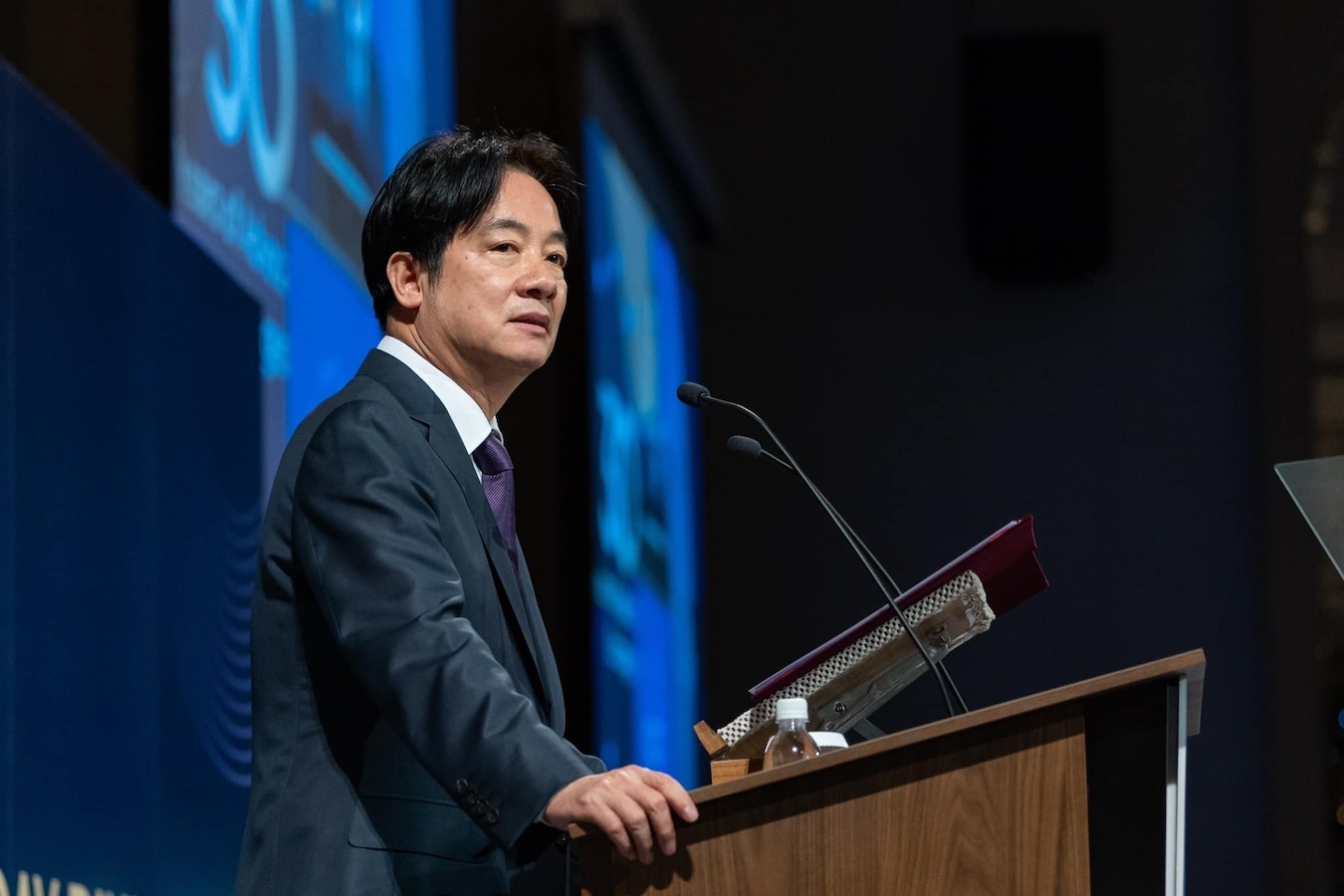by Brian Hioe
語言:
English
Photo Credit: 毛貓大少爺/WikiCommons/CC BY-SA 2.0
IN AUGUST, the Chinese government announced a list of 78 countries in which tour groups will now be allowed to travel to. This includes a number of frequent travel destinations for Chinese tourists that China is otherwise geopolitically at odds with, such as the US, South Korea, Japan, and the UK.
Yet this did not include one prominent destination for Chinese tourists, Taiwan. Taiwan saw significant tourist travel from China in past years, particularly under the Ma administration. At its peak in 2015, Taiwan saw visits by 4.2 million Chinese tourists.
It was not expected by Taiwanese authorities that Chinese group tours would resume before the election, with China taking a watch-and-wait approach to see the result of the elections. In September, Taiwan’s Mainland Affairs Council announced that Chinese tourism to Taiwan could resume, though it would limit the number of tourists to 2,000 per day. This would apply to Chinese residing, studying, or working in the Chinese mainland, Hong Kong, or Macau.
With the victory in the 2024 presidential elections of Lai Ching-te of the DPP and his presidential inauguration in May, it could broadly be expected that Chinese authorities would not allow Chinese group tours to resume. This would be a means of economically punishing Taiwan for electing a DPP government yet again, in line with how China decreased the number of tourists to Taiwan after the election victory of Tsai Ing-wen in 2016. The Chinese government sought to engender the perception that Taiwan’s economy was heavily reliant on Chinese tourism and that, if the Taiwanese public supported DPP governments, it would in this way “shut off” the Taiwanese economy.
The Chinese government’s attempts to create such perceptions have largely been disproved, in that sectors of the economy that catered to Chinese tourists were relatively isolated. After the COVID-19 pandemic put a significant roadblock to global tourism, Taiwan’s economy continued nonetheless, and Chinese tourists have now been offset by tourists from other countries, particularly East and Southeast Asia.
In the tail end of the Tsai administration, the Tsai administration declined to lift bans on Chinese tourists over China’s unilateral announcement of a shift in the M503 flight route. Tour operators were angered by this and threatened to protest the Lai inauguration.
For its part, the Lai administration emphasized that it is still welcome to Chinese tourists traveling to Taiwan. Lai called for the resumption of tourism on a reciprocal basis in his inauguration address.
Yet the Chinese government’s framing has continued to push blame onto the DPP over declining tourist numbers. This has also occurred regarding the declining number of Chinese students in Taiwan.
 Lai Ching-te. Photo credit: Lai Ching-te/Facebook
Lai Ching-te. Photo credit: Lai Ching-te/Facebook
Taiwan saw an explosion in the number of Chinese students studying in Taiwan under the Ma administration, going from around 800 students in 2008 to 42,000 in 2016, when Ma stepped down.
Nevertheless, in 2020, the Chinese government announced a ban on students seeking to study in Taiwan for college. As a result, close to four years later, the last batch of Chinese college students will soon graduate in Taiwan.
The KMT, too, leveraged on the issue in the 2024 elections, framing the Tsai administration as responsible for the decline in the number of Chinese students and calling for Taiwan’s economy to be opened up to Chinese student workers. This led to criticisms from the DPP that framed the KMT as prioritizing the economic interests of Chinese students over Taiwanese ones.
Indeed, China announced that it would allow group tours to Matsu to resume after a trip there by a KMT legislative delegation led by Fu Kun-chi. This would be an attempt to frame the KMT as able to lower cross-strait tensions in a way that the DPP cannot.
It is to be seen how the issue further develops. It is possible that the KMT will try to push back against the Lai administration, perhaps in alignment with the TPP, using its presence in the Taiwanese legislature–perhaps seeking to circumvent executive authority in this way. Even so, for the Lai administration, it is not in the DPP’s interests to allow China to regain an economic foothold in Taiwanese society by allowing for significant numbers of group tours, in spite of public calls for the resumption of group tours.

